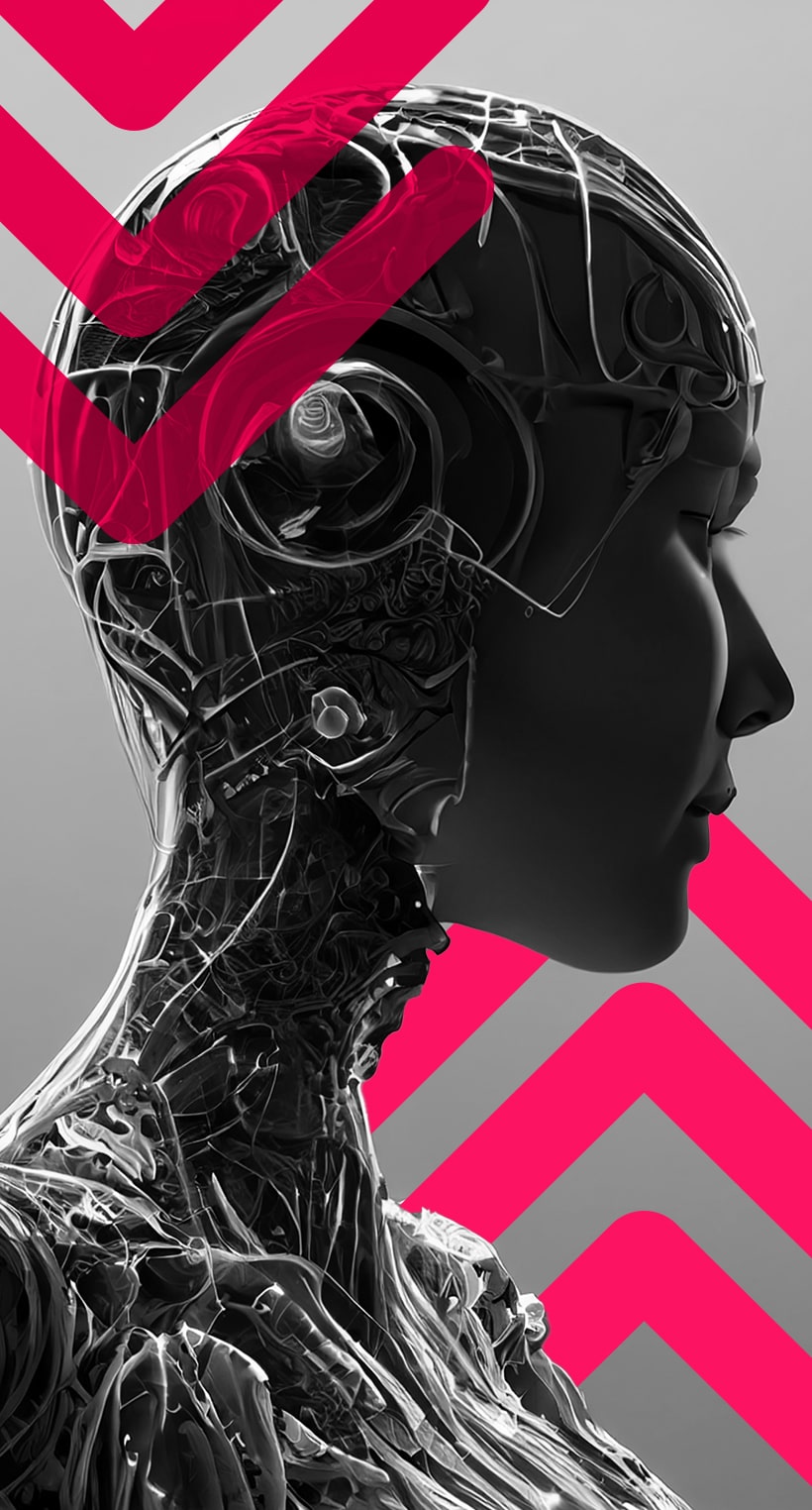Moreover, AI-powered technologies such as machine learning and natural language processing have paved the way for virtual assistants and chatbots. These intelligent systems enable retailers to provide round-the-clock customer support, answer queries and offer personalised recommendations. By leveraging AI, retailers can create seamless and efficient shopping experiences, thereby enhancing customer satisfaction and loyalty.
Benefits of Implementing AI in Retail
The implementation of AI in retail brings numerous benefits, such as:
- AI-driven automation streamlines processes, reducing errors and increasing efficiency. Tasks like inventory management, supply chain optimisation, and pricing strategies can be automated, freeing up time for employees.
- AI enables personalised experiences by analysing customer data. Retailers can tailor offerings and recommendations based on individual preferences, enhancing satisfaction, driving sales, and fostering loyalty.
- AI-powered analytics provide insights into market trends, consumer behavior, and competitor analysis. This empowers businesses to make data-driven decisions and stay ahead of the competition, gaining a competitive edge in an ever-evolving market.
Examples of AI Technologies in Retail
AI technologies have permeated various aspects of the retail industry, revolutionising the way businesses operate. One such example is the use of AI-powered recommendation systems. Retail giants like Amazon and Netflix have successfully implemented these systems, which analyse customer behaviour and purchase history to provide personalised product recommendations. This not only enhances the customer’s shopping experience but also increases sales and customer engagement.
Another notable example is the use of computer vision technology in physical stores. Retailers can leverage AI-powered cameras and sensors to track customer movements, analyse footfall patterns, and gain insights into customer behaviour within the store. This information can then be used to optimise store layouts, improve product placements, and enhance the overall shopping experience.
Furthermore, AI-powered chatbots and virtual assistants are becoming increasingly common in the retail industry. These intelligent systems can handle customer queries, provide product information, and offer personalised recommendations. By integrating AI chatbots into their websites or mobile apps, retailers can provide instant and efficient customer support, round the clock.
AI-Powered Personalisation in Retail
Personalisation is crucial in retail, and AI has elevated it. AI algorithms analyse customer data, including purchases, browsing behavior, and social media interactions, to create personalised experiences. Retailers can tailor product recommendations, promotions, and the shopping journey itself based on individual preferences.
For example, AI can analyse browsing history and suggest appealing products through various channels. Personalised recommendations increase engagement, drive sales, and foster loyalty.
AI-powered personalisation goes beyond product recommendations. Retailers can personalise the entire shopping experience, from website interfaces to in-store displays. Dynamic pricing tailored to individual customers increases the likelihood of a purchase. This level of personalisation enhances customer satisfaction and loyalty.
AI-Driven Inventory Management and Supply Chain Optimisation
AI revolutionises retail inventory management and supply chain optimisation. Traditionally, this process is labour-intensive and error-prone. However, AI automates and optimises inventory management, ensuring timely availability of products.
AI algorithms analyse sales data, market trends, and other factors to predict demand accurately. This optimises inventory levels, reducing the risk of overstocking or stockouts. Automating inventory management saves time, reduces costs, and improves operational efficiency.
AI also optimises the supply chain by analysing data from suppliers, transportation systems, and market demand. It identifies patterns, makes accurate predictions, and optimises the flow of goods. This reduces transportation costs and ensures timely delivery, improving customer satisfaction and overall supply chain efficiency.
AI-Powered Customer Service in Retail
Customer service in retail has been transformed by AI. AI-powered chatbots and virtual assistants are now common, providing instant and efficient customer support. These systems handle queries, provide product information, and process transactions. By integrating chatbots, retailers offer round-the-clock support, reducing response times and improving satisfaction. Chatbots handle a range of queries, from basic product inquiries to troubleshooting. They offer personalised recommendations, assist with order tracking, and process returns or exchanges. AI-powered chatbots continuously improve their knowledge base, ensuring consistent and reliable support for customers.
Challenges and Considerations When Implementing AI in Retail
While implementing AI in retail has undeniable benefits, businesses must also navigate challenges and considerations. One significant challenge is the need for high-quality data. AI algorithms rely on clean, accurate, and representative data to make accurate predictions and recommendations.
Another consideration is the potential impact on the workforce. AI automates tasks, raising concerns about job displacement. However, AI should be viewed as a tool that augments human capabilities rather than replaces them. By automating repetitive tasks, AI allows employees to focus on higher-value activities requiring critical thinking and creativity.
Privacy and data security are critical when implementing AI in retail. Retailers must handle customer data securely and in compliance with regulations. Prioritising transparency and consent builds trust with customers and ensures responsible data use.
Conclusion
As AI continues to evolve and reshape the retail industry, it’s crucial for businesses to embrace this game-changing technology. AI-powered personalisation, inventory management, customer service, and data analytics have the potential to drive growth, enhance customer experiences, and improve operational efficiency. By leveraging AI, retailers can stay ahead of the competition, adapt to changing consumer demands, and create unique and personalised shopping experiences.
The future of retail lies in the seamless integration of AI with traditional business models. By harnessing the power of AI, retailers can unlock new opportunities, optimise their operations, and unlock the full potential of their data.
As the retail landscape continues to evolve, those who fail to embrace AI risk being left behind. It’s time to embrace AI as the ultimate game-changer in retail and unlock the doors to success.
;)
;)
;)